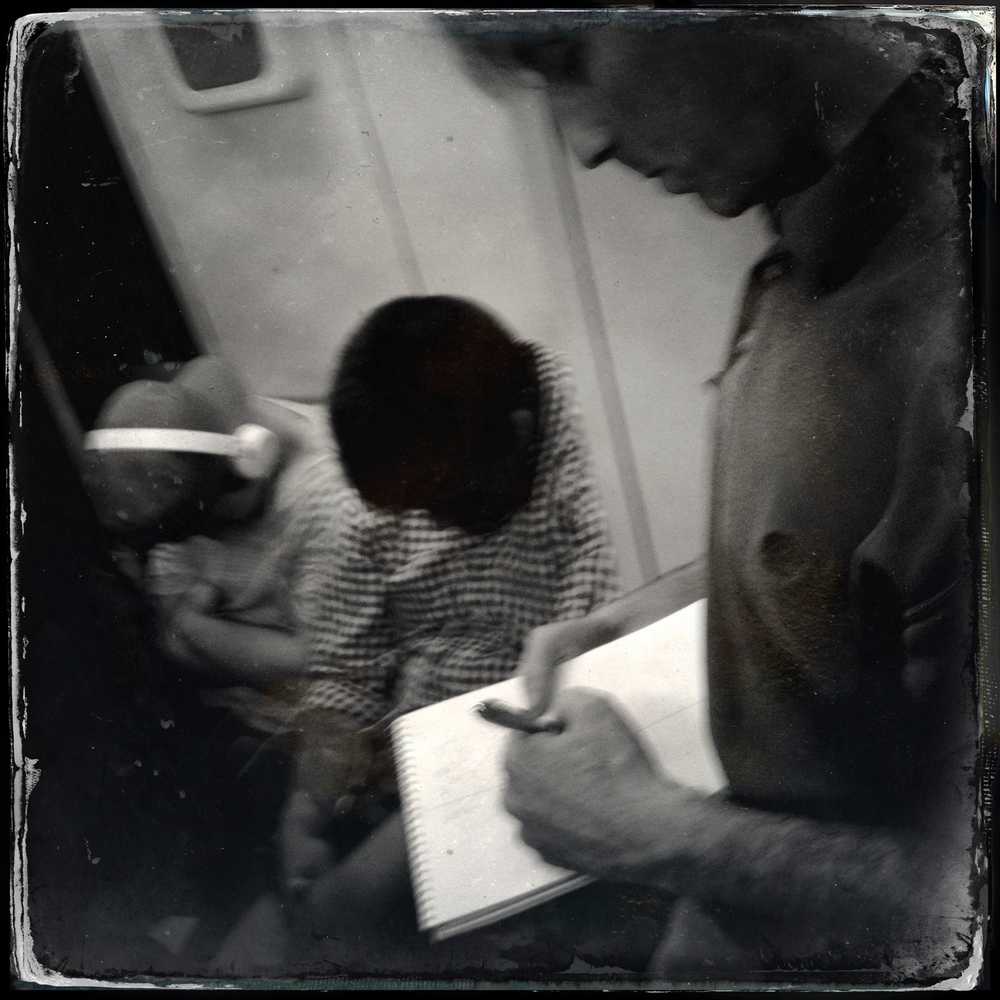Capacity-Building Grants for Faculty Mentors
CLAS Supplementary Start-up Funds: Jeffrey Kelly Lowenstein

Khulu Radebe had already had a fascinating first 50 years of life.
Raised in Alexandra Township, one of South Africa’s oldest communities, he helped organize the June 16 uprising that defined his generation. His fight to overthrow the apartheid government landed him in Robben Island as a teenager and took him to Angola, where he fought against the UNITA rebels for close to a year. He later joined Amandla Cultural Ensemble, a performance group that traveled around the world, and helped start a group to support military veterans after the apartheid era ended.
Then he learned at age 50 that he was the king of one of Africa’s largest nations.
This revelation, which had been kept from Radebe by family members in order to protect him, led to a series of trials he had to endure and survive before his installation in November 2015. The Hlubi people’s successful petition to the post-apartheid government to have a traditional leader point to their ambiguous position in a secular state. It also reveals the often messy and little-chronicled process by which the government of Thabo Mbeki started to disentangle the maze of bantustans or “homelands” and accompanying puppet leaders that the apartheid government installed. As leader of the Hlubis, Bungane has shifted his focus from seeking change through political protest and the armed struggle to attempt to unite people across Africa on a religious basis.
The book that I’m writing about Radebe’s life and times has the potential to add vital information about South Africa at a critical time in the nation’s history. After a resounding defeat in Augusts local government elections, the African National Congress and South Africans across the country are going through a wrenching process of self-examination to understand how the former party of liberation could have strayed so far from its founding mission and stirring history.
This soul-searching has taken on additional urgency in light of President Jacob Zuma’s moves that have threatened the nation’s democratic character. In this moment of national self-assessment, it is necessary to incorporate the perspectives of military veterans who sacrificed mightily to build the as yet imperfect nation, the position of traditional leaders that is ambiguously delineated in the South African constitution, and of the role spirituality could play in leading to pan-African unity.
Radebe’s remarkable life speaks to each of these vital yet under-covered issues.
I look forward to partnering with an undergraduate student who is passionate about learning about South Africa’s apartheid history and current situation, social justice movements and book development. The work will entail doing research about subjects relevant to the book and analyzing, researching and helping to conduct interviews with Radebe and other sources. I will encourage the student I work with to pursue an independent study, and will work with her to present her findings at the 2017 Great Lakes History Conference at Grand Valley in October and GVSU Teach-In in November. Outside of Grand Valley I will work the student to find national and international venues to submit her findings. Finally, I will encourage the student to apply to the Student Summer Scholars program for Summer 2018 as I continue the project and complete the book draft.
Share this spotlight
Return to the listing of capacity-building grants for faculty mentors.

